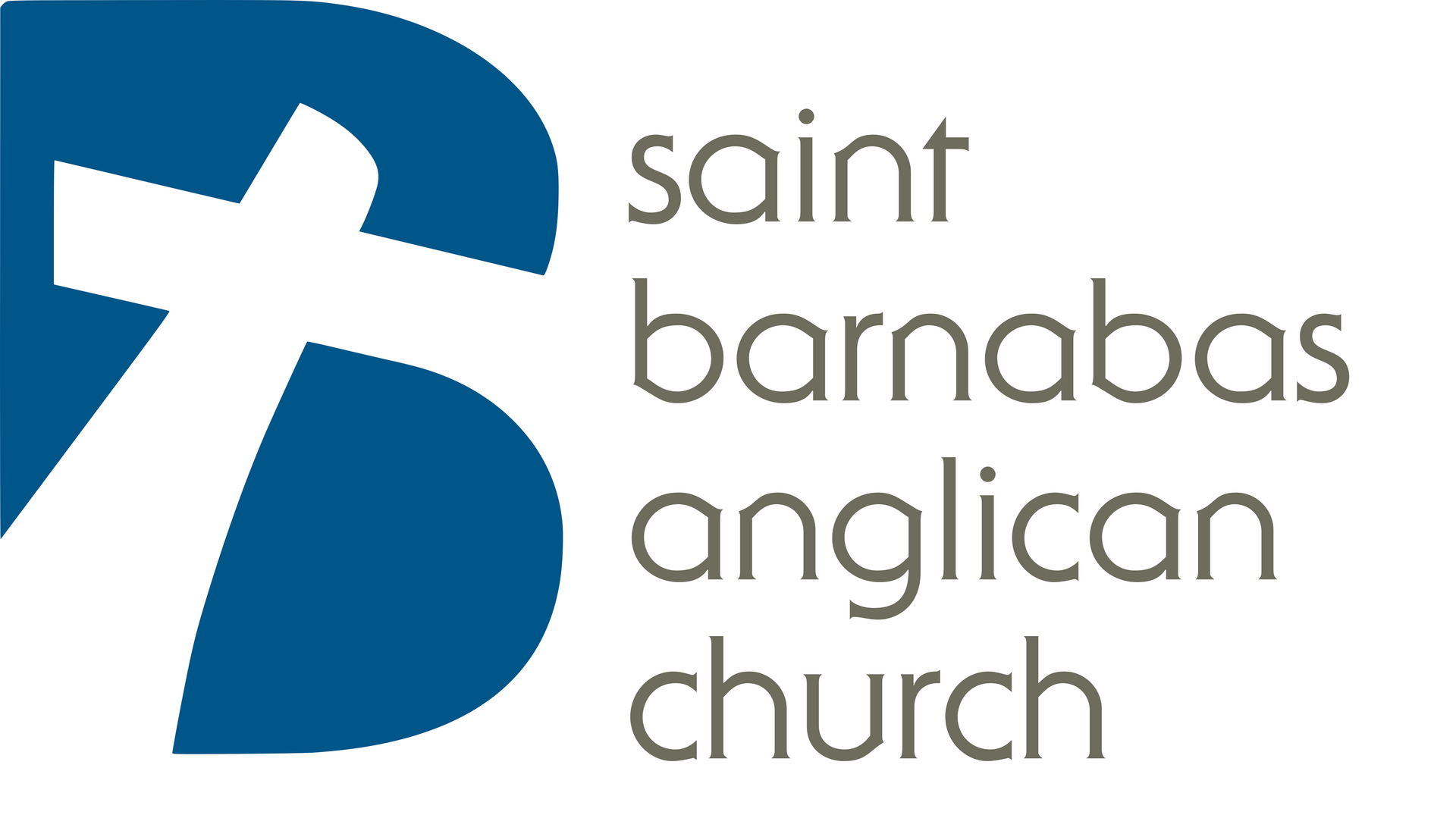Observing a Holy Lent
Observing a Holy Lent
Lent is a word which we use to mark the forty days that lead up to Easter. The word quite literally means, the spring season. But as in many points throughout history, Christians brilliantly captured the words and customs of surrounding pagan cultures to use them for evangelization. Subsequently, the Early Church used this season to prepare new converts for baptisms on Easter. For these catechumens, or individuals receiving instruction on the Christian faith, fasting, almsgiving, prayer, and repenting from worldly and pagan practices were as much a part of the preparation as the instruction itself.
Lent was also a time when those who were excommunicated, removed from receiving Communion, would do penance. As they were removed from the life of the Church, during these forty days, it allowed a time for them to redirect their hearts and actions back to God. At Easter, they would be restored into the Faith Community through receiving Communion once more.
For those who did not fall into either category, it remained a season for both refocus and return. The intentional time allows one to examine the Faith afresh, and in doing so, repent and turn away from sinful desires and behaviors in one's life. In doing so, one draws nearer to God. The marks of fasting, almsgiving and prayer have always stood as a means to assist toward that end.
For instance, the old practice of abstaining from meat on Wednesdays and Fridays dates back to a time when the wealthy had multi-course meals. Fish would be one of the earliest courses, before entrees of meat, which were more expensive and rare. The Church encouraged those who were of such means to abstain from such lavishness in order to both save money to give to the poor, and also to create more time for prayer and contemplation.
As we examine our lives, we too are called to fast from distractions and indulgences and to take on practices that foster more time with the Lord. If we give up alcohol, sweets, or soda, we can spend that time, even if only 5 minutes, in prayer or the study of God's Word when the urge for such treats arise. Also, the money that would have been spent upon such items can be saved during these forty days and given to the Church for God’s work in the world through our own almsgiving. Although the self-denial may only last forty days, the practices and disciplines we take on for our spiritual growth should last a lifetime!
As we were reminded on Ash Wednesday, we are invited to observe a Holy Lent. Determine to do so through fasting, almsgiving and prayer. In doing so, prepare to more fully receive our Lord in the yearly remembrance of His death and resurrection in the weeks ahead. May our desire to keep a Holy Lent further us in this earthly pilgrimage to grow to look more like Jesus, by the Holy Spirit’s work in us, until we see Him face to face.
Blessings,
Andrew
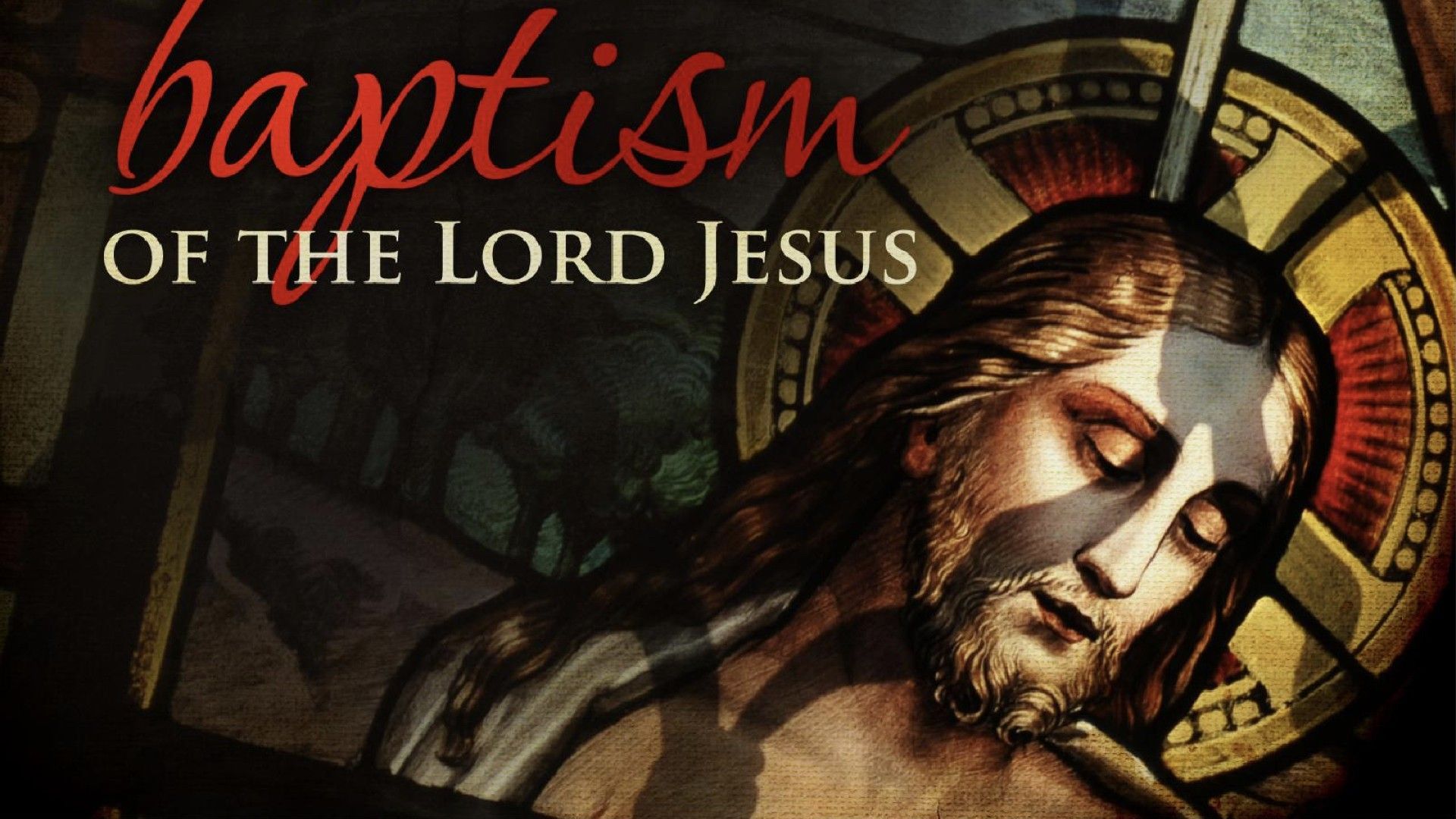
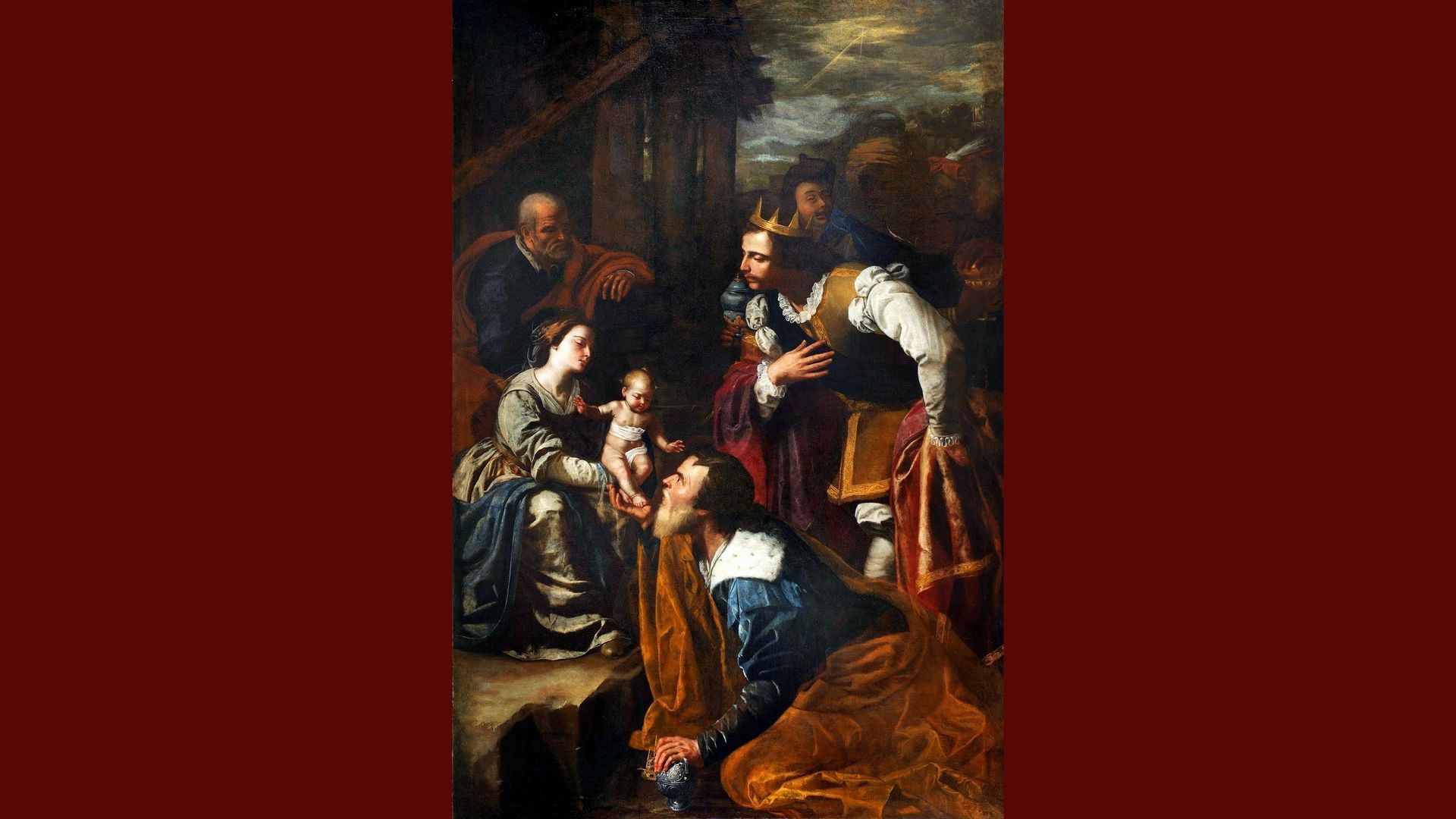

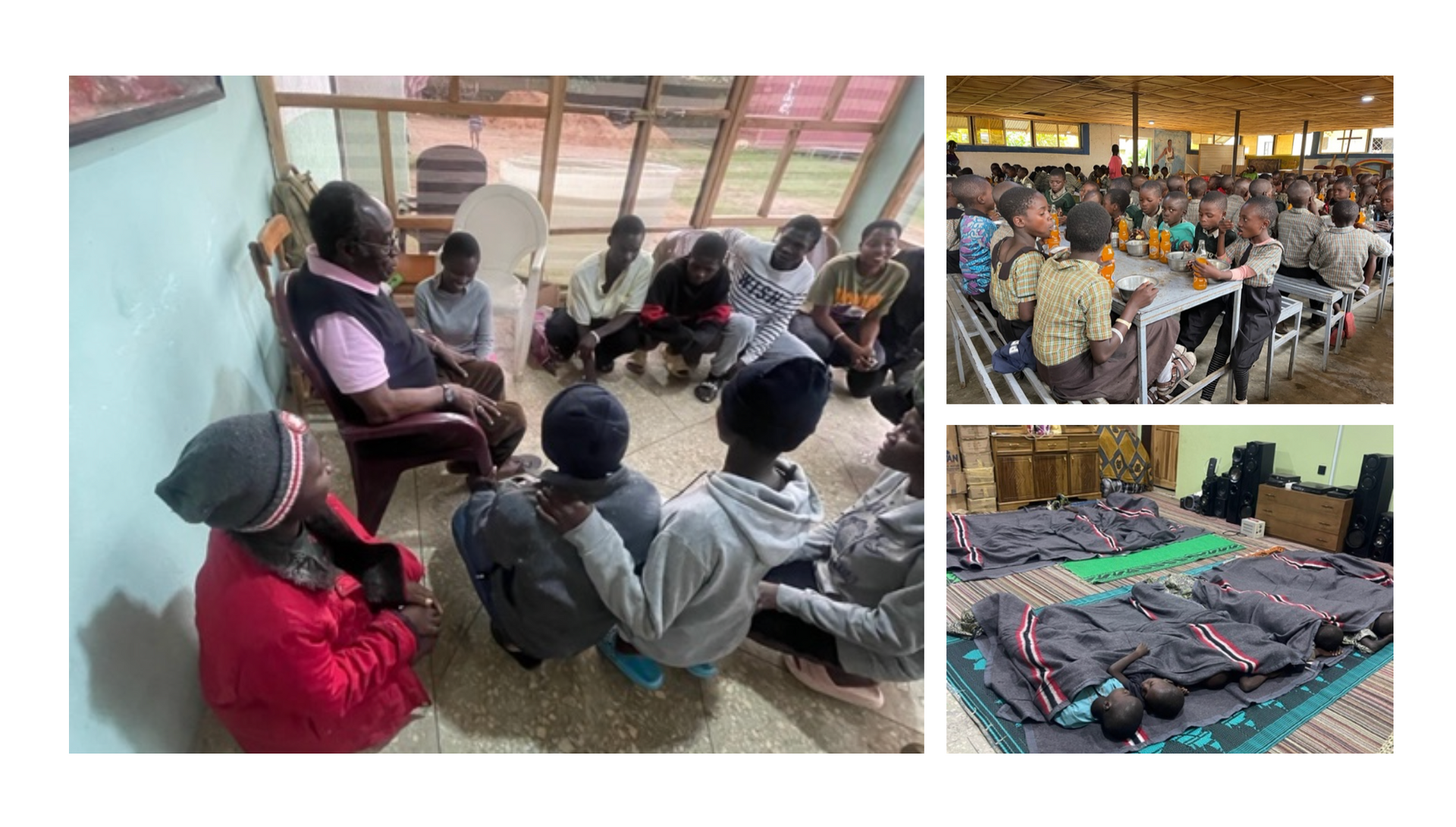
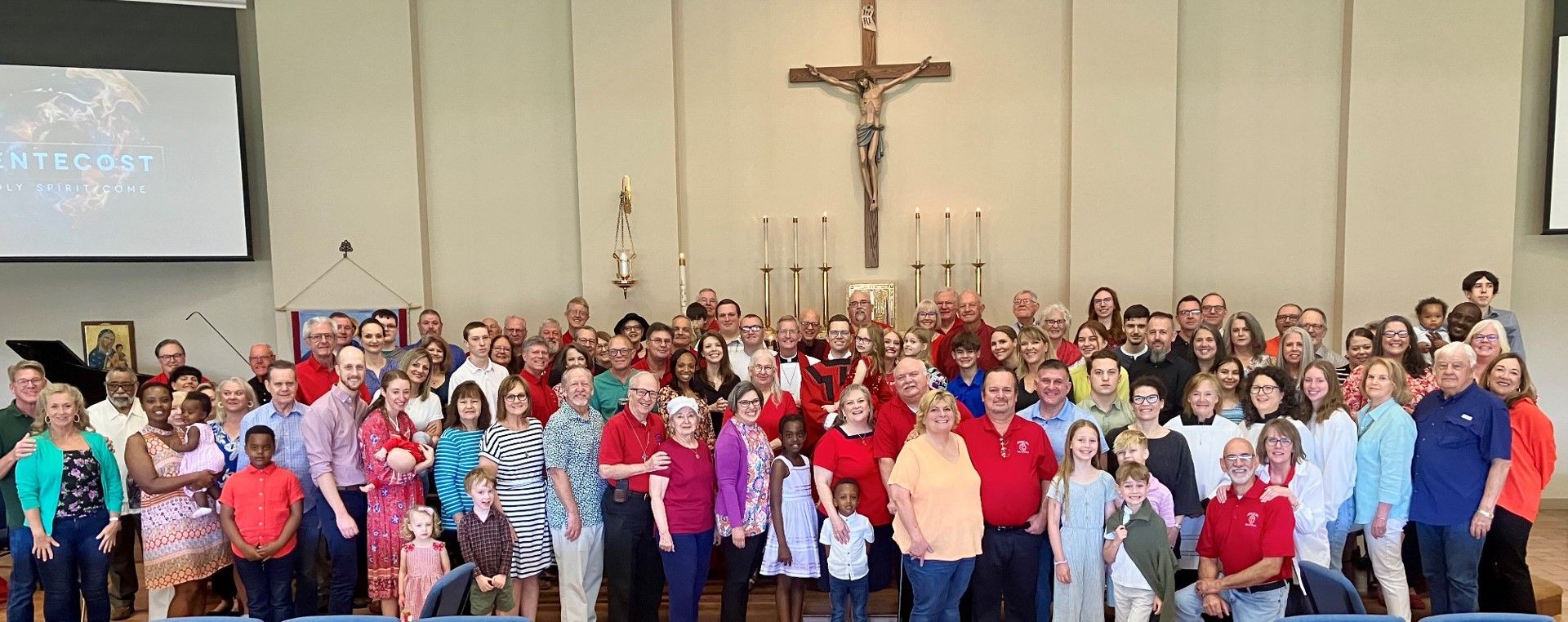


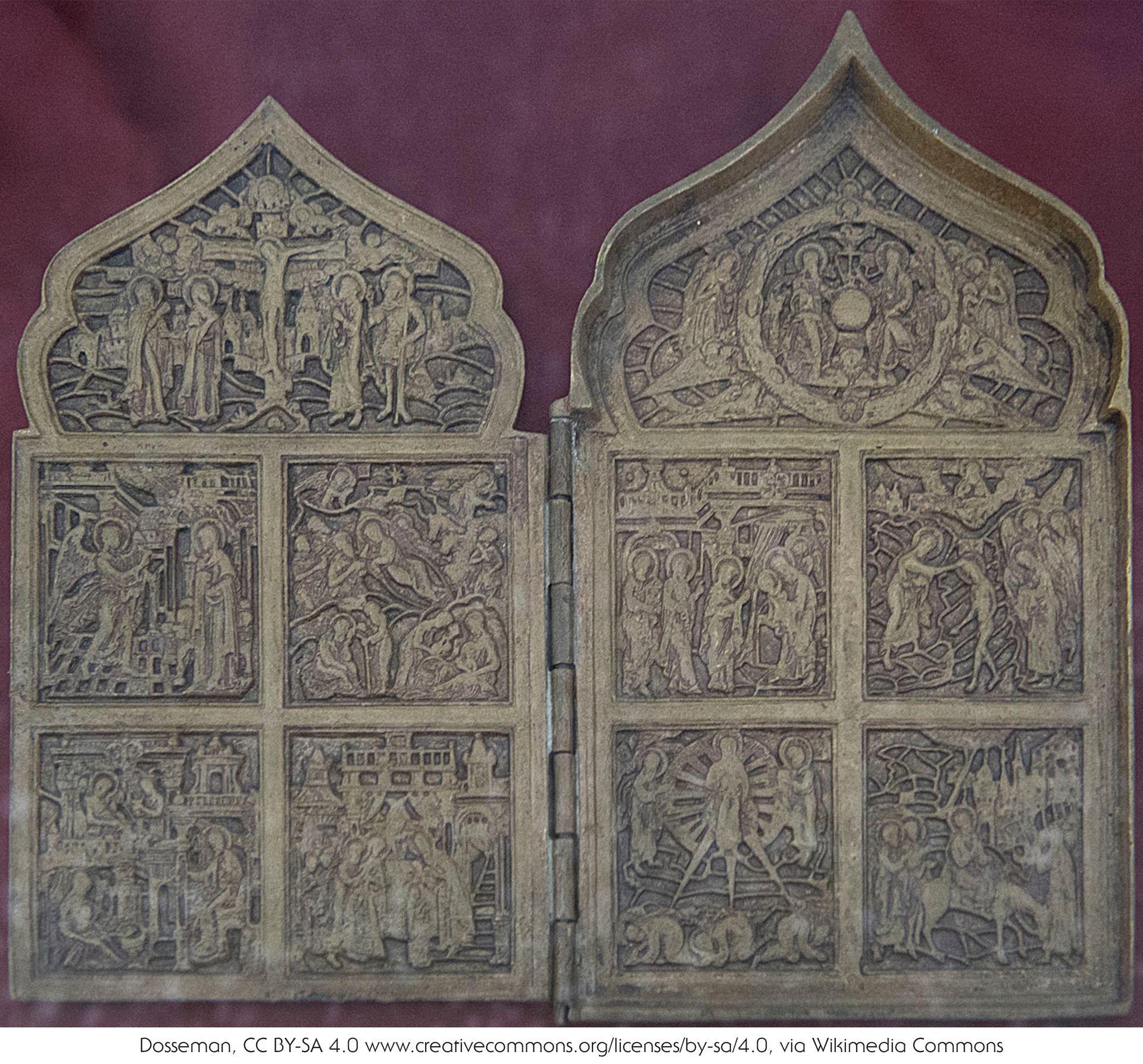

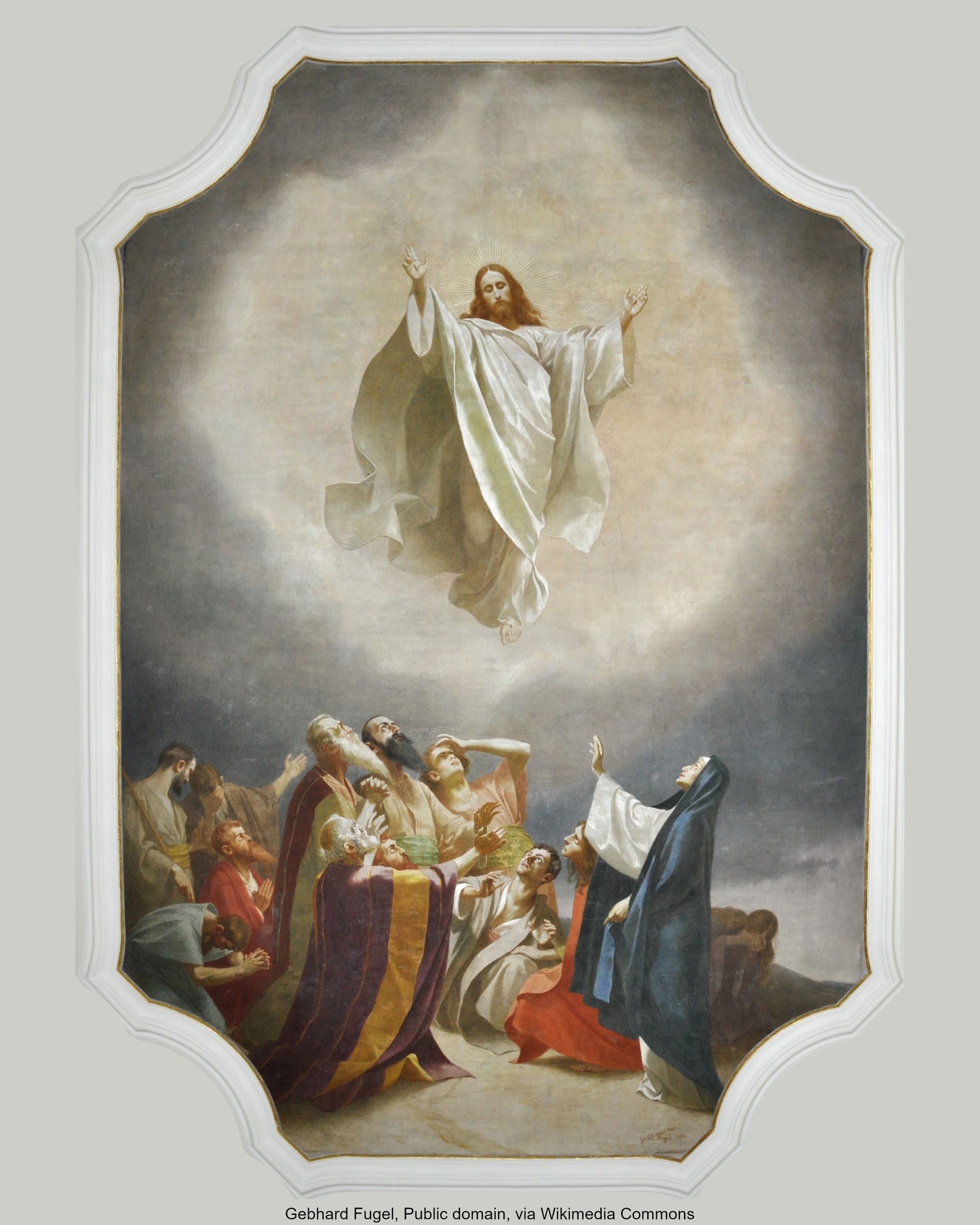
BROWSE OUR SITE
© Saint Barnabas Anglican Church Fort Worth


